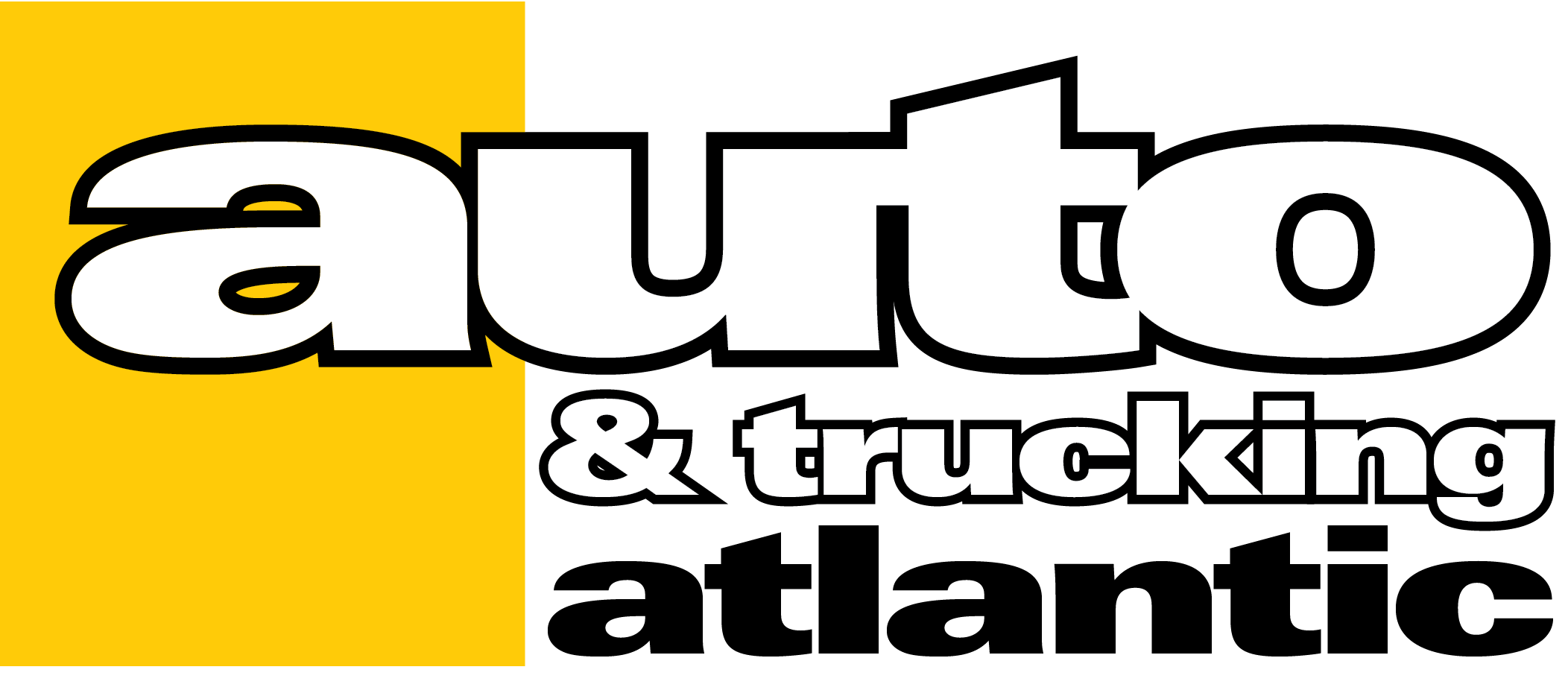CTA Statement on Potential Disruptions to the Supply Chain
Canada and the U.S. are each other’s largest trade partners with nearly $3.6 billion worth of goods and services crossing the border each day. The U.S. is the single largest investor in Canada and Canada was the largest source of foreign direct investment into the United States by the end of 2022. Most of this trade moves by truck, so any policies, actions, or disruptions that hamper the efficiency of the trucking industry to move this trade threatens this investment and by extension our social network. Such threats to this efficiency must be dealt with expediently.
To protect our nation’s trade investment and partnership with United States, the Government of Canada took a bold step by committing over $6 billion to build the Gordie Howe International Bridge. This decision exhibited Ottawa’s leadership on trade and showed the Americans that Canada is serious about protecting our long-standing and mutually beneficial trading relationship and improving border efficiency.
We now need the Government of Canada to show the same resolute leadership, once again.
The U.S.-Canada supply chain is already facing the potential for significant disruptions because of unsettled railway labour negotiations. The potential labour disruption between certain unionized employees of CBSA and the Government of Canada, could significantly add to these disruptions. Although supply chain disruptions at any time are not a good thing, the current timing of this potential border disruption is particularly problematic as trucking continues to grapple with ongoing volatility throughout the sector – including significant retirements and loss of labour/capital productivity because of federal legislation governing sick days.
The Government of Canada through the Treasury Board of Canada president, the Minister of Public Safety working with PSAC and the CBSA president, must all find a way to resolve the looming labour disruption affecting border trade.
The clock is ticking for this matter to be resolved before our border crossings are severely disrupted and the billions of dollars of trade that flows through those border points are interrupted. Delayed border crossings will reduce production in key employment industries, like the auto sector and others that rely on just-in-time goods deliveries, threatening the livelihood of thousands of Canadians. Businesses that may be considering investments in Canada, based upon ease of access to U.S. markets, are likely to think twice about setting up Canadian-based companies. Pharmaceuticals, industrial gases, chemicals, and foodstuffs required in both countries are essential commodities – many of which have limited inventories and supply beyond a few days, or less. Maintaining these essential services are critical to keeping the efficiency of the supply chain intact and Canadians employed.
Like Canada’s decision to unilaterally fund the Gordie Howe International Bridge, the time may come once again for the Government of Canada to take another bold leadership step, which could require striking a balance between the right to collective bargaining and preventing our international and domestic supply chains from being transformed into a chaotic mess, which will be very difficult to recover from.
These are undoubtedly complex and challenging decisions to make, but the Government of Canada must lead in making those decisions decisively with the principle to prevent economic chaos from threatening Canada’s supply chains and economic viability.
Source: Canadian Trucking Alliance, June 4, 2024


